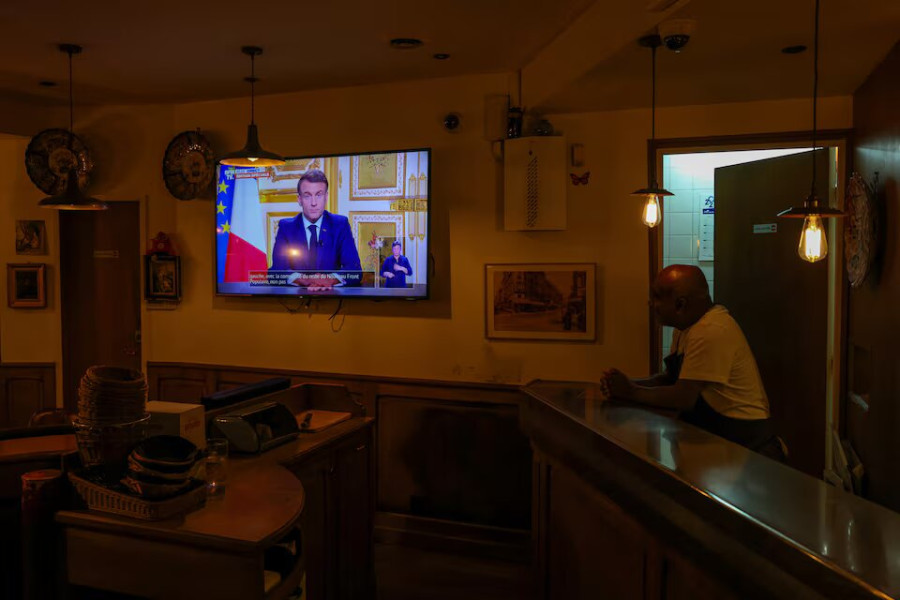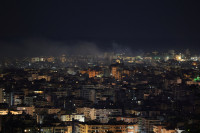World
France’s Macron says he will appoint a new prime minister in the coming days
Michel Barnier became the shortest-serving prime minister when he resigned on Thursday after parliament voted him out over his fiscal plans, barely three months after he was appointed.
Reuters
French President Emmanuel Macron will appoint a new prime minister in the coming days whose top priority will be getting a 2025 budget adopted by parliament, he said on Thursday after the government was toppled by lawmakers.
Michel Barnier, a veteran conservative, became the shortest-serving prime minister in modern French history when he resigned on Thursday after parliament voted him out over his fiscal plans, barely three months after he was appointed.
In a televised address to the nation, Macron said he would name a successor to Barnier “in the coming days.”
“The priority will be the budget,” Macron said.
A special law to roll over the 2024 budget and avoid any gap will be put forward by mid-December. Then the new government will prepare a full budget early next year, in particular to account for inflation, for a vote by parliament.
Macron, whose ill-fated decision to call a snap ballot in June delivered a much-divided parliament, denied he was responsible for the political crisis.
The president, who represents a centrist party, said the far-right and left-wing parties united in an “anti-republican front” to create “a mess” by ousting Barnier.
Macron has been weakened by the crisis but resisted calls by some in the opposition for him to resign. He reaffirmed that he will stay in office until his term ends in May 2027.
“The mandate you have given me is for five years and I will fulfil it until the very end,” he said.
In a 10-minute speech, he added that the new government should represent a variety of parties willing to take part in it or at least agree not to censure it. He did not say which ones.
Meanwhile, Macron has asked Barnier and his government to stay in a caretaker capacity until a new government is formed.
FISCAL DEFICIT, DIVIDED PARLIAMENT
It was unclear if a new government will be in place before a ceremony on Saturday to reopen Notre-Dame Cathedral, which has been renovated after a devastating fire. World leaders including U.S. President-elect Donald Trump are expected to attend.
Macron cited the rebuilding of the Gothic cathedral and successful Paris Olympics over the summer as evidence that France can deliver.
“They are proof that we can do great things. We can do the impossible,” he said. “The world admires us for that.”
Macron had lunch on Thursday with Francois Bayrou, whose name has been cited by French media as a possible successor to Barnier, Le Parisien newspaper reported. An aide to Bayrou did not respond to a request for comment.
Any new prime minister will face the same challenge of dealing with a fractured parliament that Barnier did, notably passing a budget at a time when France needs to rein in its public finances.
French bonds and stocks rallied on Thursday on what some traders said was profit-taking following the widely expected outcome of parliament’s no-confidence vote that ousted Barnier. But the relief rally is unlikely to last, given the scale of political uncertainty.
“Until potential new elections, ongoing political uncertainty is likely to keep the risk premium on French assets elevated,” SocGen analysts said in a note. The earliest possible date for a parliamentary election would be in July.
The fall of France’s government leaves the country without a clear path towards reducing its fiscal deficit, and the most likely outcome is less belt-tightening than previously planned, credit rating agency Standard and Poor’s said.




 9.83°C Kathmandu
9.83°C Kathmandu














